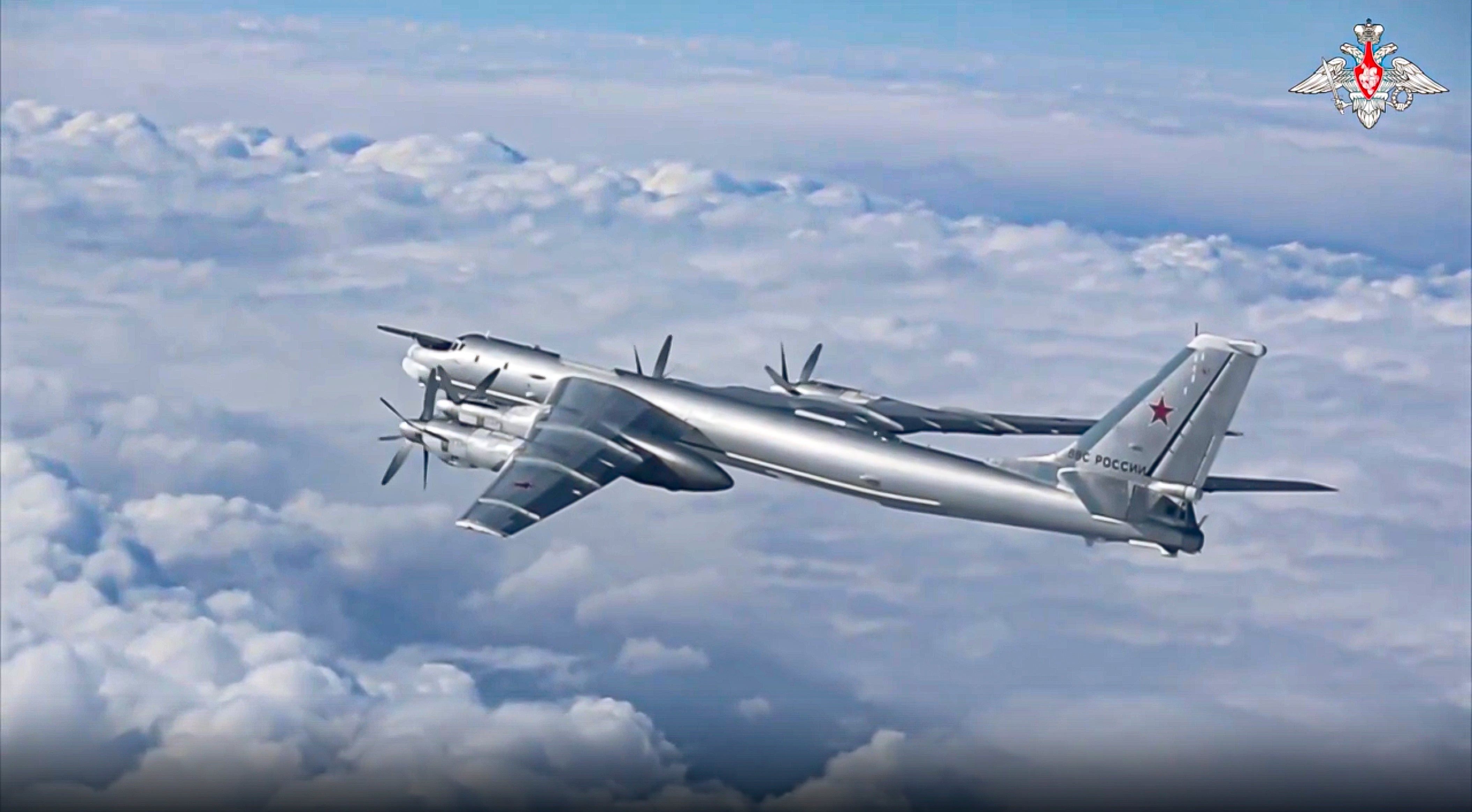Three killed in ‘Ukrainian drone attack’ on air base deep inside Russia, Moscow says
Facility houses large portion of Kremlin’s long-range bombers, used to attack Ukraine’s energy system, analysts say

Your support helps us to tell the story
From reproductive rights to climate change to Big Tech, The Independent is on the ground when the story is developing. Whether it's investigating the financials of Elon Musk's pro-Trump PAC or producing our latest documentary, 'The A Word', which shines a light on the American women fighting for reproductive rights, we know how important it is to parse out the facts from the messaging.
At such a critical moment in US history, we need reporters on the ground. Your donation allows us to keep sending journalists to speak to both sides of the story.
The Independent is trusted by Americans across the entire political spectrum. And unlike many other quality news outlets, we choose not to lock Americans out of our reporting and analysis with paywalls. We believe quality journalism should be available to everyone, paid for by those who can afford it.
Your support makes all the difference.Three servicemen have been killed as a Ukrainian drone was shot down at an air base deep into Russian soil, Moscow has said.
It marks the second attack on Engels air base in a matter of weeks, a key facility situated some 300 miles from Russia’s border with Ukraine and a further 100 miles from the current frontline in the Donbas region.
Three technical staff died “as a result of the fall of the wreckage of the drone” as it was shot down in the early hours of Boxing Day, Russia’s defence ministry claimed.
Despite some unverified claims to the contrary, Moscow insisted that no aviation equipment had been damaged at the air base in Russia’s Saratov region, which houses long-range strategic bombers implicated in Vladimir Putin’s recent bombardment of Ukraine’s energy infrastructure.
“A Ukrainian unmanned aerial vehicle was shot down at low altitude while approaching the Engels military airfield in the Saratov region” just after 1:30am, Russian news agencies reported the defence ministry as saying.
“As a result of the fall of the wreckage of the drone, three Russian servicemen of the technical staff who were at the airfield were fatally wounded.”
Expressing condolences to the men’s families, Saratov governor Roman Busargin said there was “absolutely no threat to residents” in the city of Engels – and insisted that talk of a state of emergency and an evacuation of the city was “blatant lies”.
According to Russian news outlet Baza, which initially reported that air raid sirens could be heard near the air base, an area of 120 square metres was left burning in the wake of the explosion, which it claimed also injured four people.
The Engels air base, one of two strategic bomber bases housing Russia’s air-delivered nuclear capability, was also hit on 5 December – in a twin attack which analysts said dealt Russia a major reputational blow and raised serious questions about the Kremlin’s air defences.

Those strikes – on both Engels and the Dyagilevo bomber base in Russia’s Ryazan region, situated just 100 miles from Moscow – were also said to have killed a total of three servicemen and injured four others.
“Based on the location of the air base, its jets have played a major role in the recent bombings in Ukraine,” Rob Lee, a senior fellow at the US-based Foreign Policy Research Institute, told The Guardian at the time.
Moscow kept 15 to 16 Tu-95MS bombers and 15 Tu-160s at the Engels air base, which represents the largest share of Russia’s Tu-160 arsenal, Mr Lee said, adding: “Ukraine has been warning for weeks now that Russia was preparing for a fresh wave of missile attacks on its energy grid. This could have been a pre-emptive strike.”
Russia has around 60 to 70 strategic bomber planes of two types – the Tu-95MS Bear and the Tu-160 Blackjack, both of which are capable of carrying nuclear bombs and nuclear-armed cruise missiles as well as conventional munitions.
There was no immediate comment from Ukraine, which never officially claims responsibility for attacks on Russian territory.
Speaking to broadcasters on Monday, Ukrainian Air Force spokesperson Yurii Ihnat did not directly acknowledge his country’s involvement in the incident, but said: “These are the consequences of Russian aggression.”
He added: “If the Russians thought that the war would not affect them in the deep rear, they were deeply mistaken.”
It came hours after Ukraine accused Moscow of launching more than 10 rocket attacks on the Kupiansk district in the Kharkiv region and shelling more than 25 towns along the Kupiansk-Lyman frontline, with nearly 20 towns also hit in the Zaporizhzhia region.
Additional reporting by Reuters




Join our commenting forum
Join thought-provoking conversations, follow other Independent readers and see their replies
Comments